Federal Target Letter Attorney
Heath Hyde – Trusted Federal Target Letter Lawyer in Texas
Your Freedom Is Our Profession
EXPERIENCED & PROVEN
FEDERAL AND STATE CRIMINAL DEFENSE ATTORNEY
Federal Target Letter Defense: How Federal Defense Attorney Heath Hyde Can Help You
Are you facing a federal target letter? Don’t panic, because help is at hand. In this article, we will discuss the importance of hiring a federal defense attorney and how Heath Hyde, an experienced attorney, can guide and defend you through this challenging time.
Being the recipient of a federal target letter can be a stressful experience, as it usually indicates that you are a subject or target of a federal criminal investigation. This is not a situation you should handle alone. A skilled and knowledgeable defense attorney with years of experience in federal cases, like Heath Hyde, can provide you with the crucial legal representation you need.
Heath Hyde understands the complexities of federal law and has a proven track record in obtaining favorable outcomes for his clients. With his extensive knowledge of the federal criminal justice system, he will meticulously review the charges against you and develop a strong defense strategy tailored to your case.
Don’t let a federal target letter dictate your future. Contact Heath Hyde today for a consultation and let him fight for your rights. Remember, the stakes are high, and having a skilled defense attorney by your side is essential.
He has tried over 400 State & Federal Jury Trials and enjoys a 90% success rate.
Understanding the Federal Target Letter
A federal target letter is a formal notification from federal law enforcement agencies informing an individual that they are the subject or target of a federal criminal investigation. This letter is often sent after an extensive investigation has taken place, and it indicates that the authorities believe there is sufficient evidence to proceed with charges.
Receiving a federal target letter can be an overwhelming and distressing experience. It is a clear indication that your actions are under scrutiny, and your future may be at stake. This is not a situation you should face alone or take lightly. Seeking legal counsel and representation from a skilled federal defense attorney is crucial to protect your rights and mount a strong defense.
Importance of Hiring a Federal Defense Attorney
When facing a federal target letter, the stakes are high. The federal criminal justice system is complex and formidable, and navigating through it without proper legal guidance can be a grave mistake. Hiring a federal defense attorney, like Heath Hyde, is essential to level the playing field and ensure that your rights are protected.
A federal defense attorney brings a wealth of knowledge and experience in federal criminal cases. They understand the intricacies of federal law and the tactics employed by federal prosecutors. They can guide you through the entire legal process, from the initial investigation to trial, if necessary. With their expertise, they can analyze the evidence against you, identify weaknesses in the government’s case, and develop a strong defense strategy tailored to your specific situation.
Federal Felony Sentencing Groups
| Federal Felony Category | Maximum Punishment | Examples |
|---|---|---|
| Class A | Life imprisonment or death in certain cases | Murder, treason, espionage or mass trafficking of drugs |
| Class B | 25 years or more | Aggravated assault, Some drug offenses, such as possession with intent to distribute, Manslaughter, Robbery, Fraud or embezzlement, Kidnapping, First-degree sexual abuse, or First-degree burglary |
| Class C | Less than 25 years but 10 or more years | Drug trafficking crimes (depending on the amount of drugs) and certain firearm offenses |
| Class D | Less than 10 years but 5 or more years | Mail fraud, identity theft, and tax evasion, false documentation required to vote, unlawful abortion, driving while license is revoked |
| Class E | Less than 5 years but more than 1 year | DWI, unlawful practice of law, attempted crimes |
Who is Heath Hyde and why should you hire him
Heath Hyde is an accomplished federal defense attorney with a proven track record of success. With years of experience in federal criminal defense, he has established himself as a trusted advocate for individuals facing serious federal charges. His dedication to his clients and his relentless pursuit of justice sets him apart in the legal field.
Heath Hyde’s approach to defense is rooted in a deep understanding of the law and a commitment to protecting his clients’ rights. He takes the time to thoroughly investigate every aspect of the case, ensuring that no stone is left unturned. His attention to detail and meticulous preparation allow him to craft a compelling defense strategy that gives his clients the best chance of a favorable outcome.
Experience and Expertise in Federal Defense Cases
Heath Hyde has extensive experience in handling a wide range of federal criminal cases. From white-collar crimes to drug offenses, he has successfully defended clients across various industries and backgrounds. His deep understanding of federal law, coupled with his strategic approach to defense, has resulted in numerous dismissals, acquittals, and favorable plea agreements.
One of the key factors that set Heath Hyde apart is his familiarity with the federal criminal justice system. He knows how federal investigations are conducted, how evidence is gathered, and how prosecutors build their cases. This knowledge allows him to anticipate the government’s moves and counter them effectively. With his guidance, you can navigate the complexities of the federal criminal justice system with confidence.
Steps in the Federal Target Letter Defense Process
When you enlist the services of Heath Hyde, he will guide you through the federal target letter defense process step by step. The first crucial step is a comprehensive review of the charges against you and the evidence presented by the prosecution. Heath Hyde will meticulously analyze every aspect of the case, looking for any weaknesses or constitutional violations that can be used to your advantage.
Based on his findings, Heath Hyde will develop a strong defense strategy tailored to your specific circumstances. This strategy may involve challenging the admissibility of evidence, questioning the credibility of witnesses, or highlighting any legal or procedural errors made by law enforcement agencies. The goal is to poke holes in the government’s case and create reasonable doubt in the minds of the jurors.
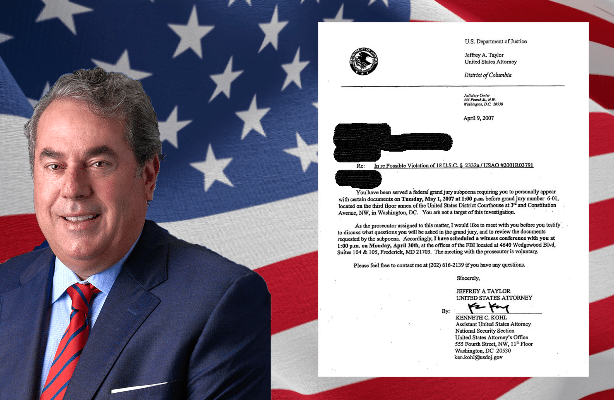
Building a Strong Defense Strategy
Building a strong defense strategy requires a deep understanding of the law and the ability to think strategically. Heath Hyde possesses both of these qualities. He will work closely with you to gather all relevant information and evidence to support your defense. This may involve conducting independent investigations, interviewing witnesses, and consulting with experts in various fields.
Heath Hyde’s approach is to leave no stone unturned. He will explore all possible legal avenues and defenses to build the strongest case possible on your behalf. Whether it’s challenging the legality of search and seizure, questioning the reliability of witness statements, or presenting alternative explanations for the alleged conduct, he will fight tirelessly to protect your rights and achieve the best possible outcome.
Negotiating with Federal Prosecutors
In some cases, it may be in your best interest to pursue a plea agreement with federal prosecutors. Heath Hyde has extensive experience in negotiating with federal prosecutors and can leverage his relationships and reputation to secure favorable plea deals for his clients. Plea agreements can result in reduced charges, lesser penalties, or even the dismissal of certain charges.
When negotiating with federal prosecutors, it is crucial to have a skilled defense attorney on your side. Heath Hyde will carefully analyze the prosecution’s case and identify any weaknesses or mitigating factors that can be used to your advantage. He will fight to ensure that you receive a fair and just plea agreement that minimizes the potential impact on your life.
Case Studies: Successful Defense in Federal Target Letter Cases
Heath Hyde has a long history of successfully defending clients who have received federal target letters. Let’s take a look at a few case studies that highlight his expertise and the positive outcomes he has achieved.
Case Study 1: Securities Fraud
In a high-profile securities fraud case, Heath Hyde’s client was accused of insider trading. The evidence against the client seemed overwhelming, but Heath Hyde meticulously reviewed every piece of evidence and discovered flaws in the government’s case. Through his strategic defense strategy, he was able to discredit key witnesses and expose weaknesses in the prosecution’s theory. As a result, the client was acquitted of all charges, allowing them to move forward with their life without the burden of a criminal conviction.
Case Study 2: Drug Trafficking
In a complex drug trafficking case, Heath Hyde’s client was facing severe penalties, including a lengthy prison sentence. However, Heath Hyde recognized flaws in the government’s investigation and built a strong defense around them. He successfully argued that the evidence against his client was obtained through an illegal search and seizure, resulting in the suppression of crucial evidence. With the government’s case weakened, Heath Hyde negotiated a favorable plea agreement that significantly reduced the client’s sentence.
Client Testimonials: The Results Speak for Themselves
Heath Hyde’s success as a federal defense attorney is evident in the testimonials of his clients. Here are just a few examples of the praise he has received:
- “Heath Hyde’s expertise and dedication saved my life. He fought for me every step of the way and never gave up. I will forever be grateful for his unwavering commitment to justice.”
- “I was terrified when I received a federal target letter, but Heath Hyde provided me with the guidance and support I needed. His knowledge of federal law and his strategic approach to defense were instrumental in achieving a positive outcome in my case.”
- “Heath Hyde is not just a skilled attorney; he genuinely cares about his clients. He took the time to understand my situation and fought tirelessly to protect my rights. I highly recommend him to anyone facing federal charges.”
Protecting Your Rights and Future with Heath Hyde
Facing a federal target letter is a daunting experience, but you don’t have to face it alone. Heath Hyde, an experienced federal defense attorney, is here to help you navigate the complexities of the federal criminal justice system and fight for your rights. With his extensive knowledge, strategic approach, and commitment to his clients, he will provide you with the strong defense you need to secure the best possible outcome.
Don’t let a federal target letter dictate your future. Contact Heath Hyde today for a consultation and let him fight for your rights. Remember, the stakes are high, and having a skilled defense attorney by your side is essential.
Protect your rights and secure your future with Heath Hyde.
Types Of Federal Investigations We Can Help You With
ATF Investigation
Protecting Your Rights: Unveiling the Role of a Bureau of Alcohol, Tobacco, Firearms and Explosives Investigation Defense Attorney
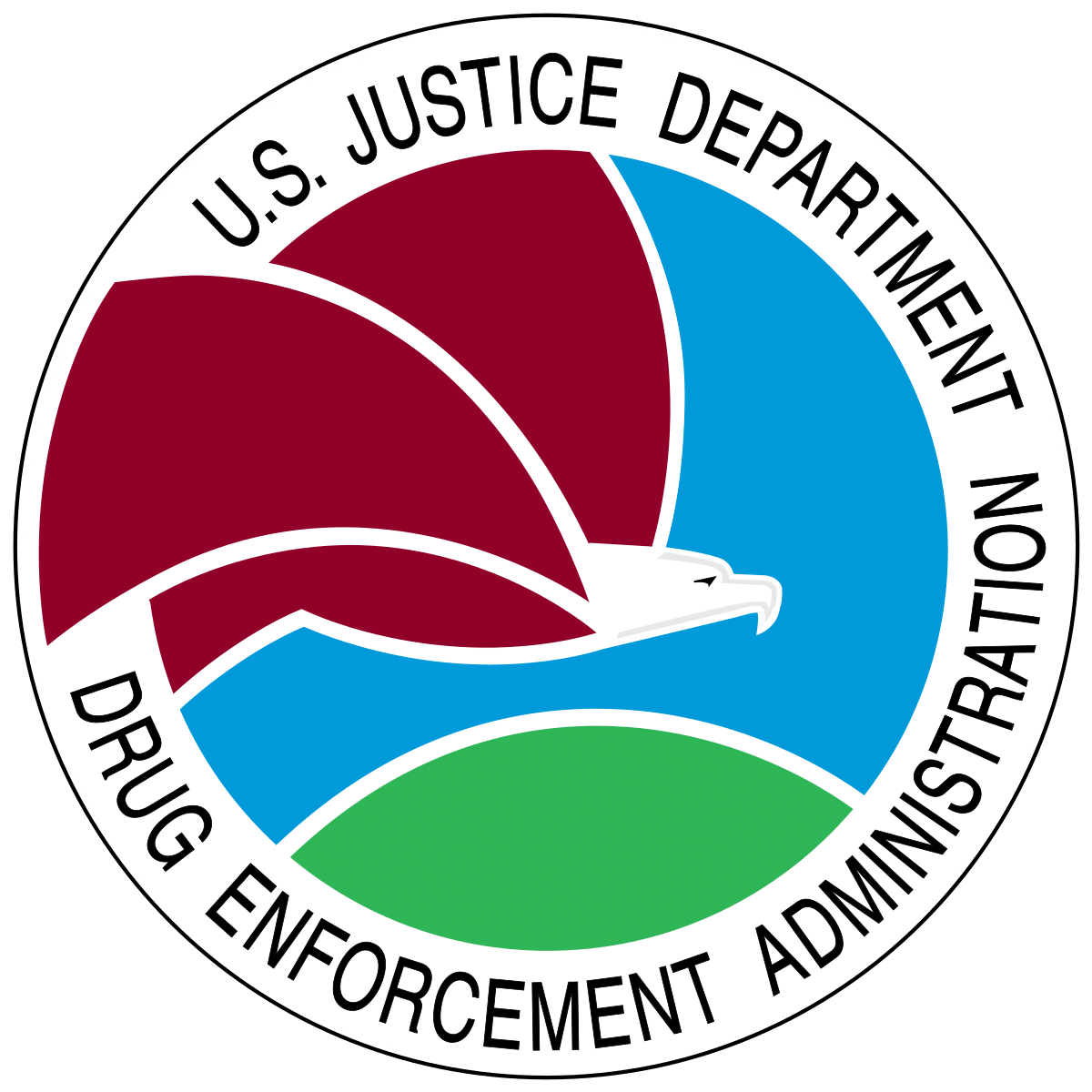
DEA Investigation
Protecting Your Rights: The Role of a Skilled Drug Enforcement Administration Investigation Defense Attorney
DOJ Investigation
Unveiling the Secrets: How DOJ Investigation Defense Attorney Heath Hyde Can Help You Safeguard Your Rights

EPA Investigation
Protecting the Environment: Unveiling the Role of a Defense Attorney in EPA Investigations
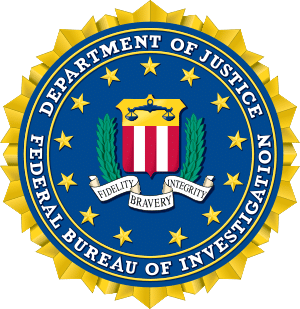
FBI Investigation
Unveiling the Legal Strategies: How FBI Investigation Defense Attorney Heath Hyde Protects Your Rights

Fish And Wildlife Investigation
Protecting Your Rights: Unveiling the Fish and Wildlife Service Investigation Defense with Attorney Heath Hyde

HHS Investigation
Navigating the Complexities: How a Health and Human Services Investigation Defense Attorney Like Heath Hyde Can Protect Your Interests

HSI Investigation
Unveiling the Expertise of HSI Investigation Defense Attorney Heath Hyde: Your Best Defense Against Government Allegations
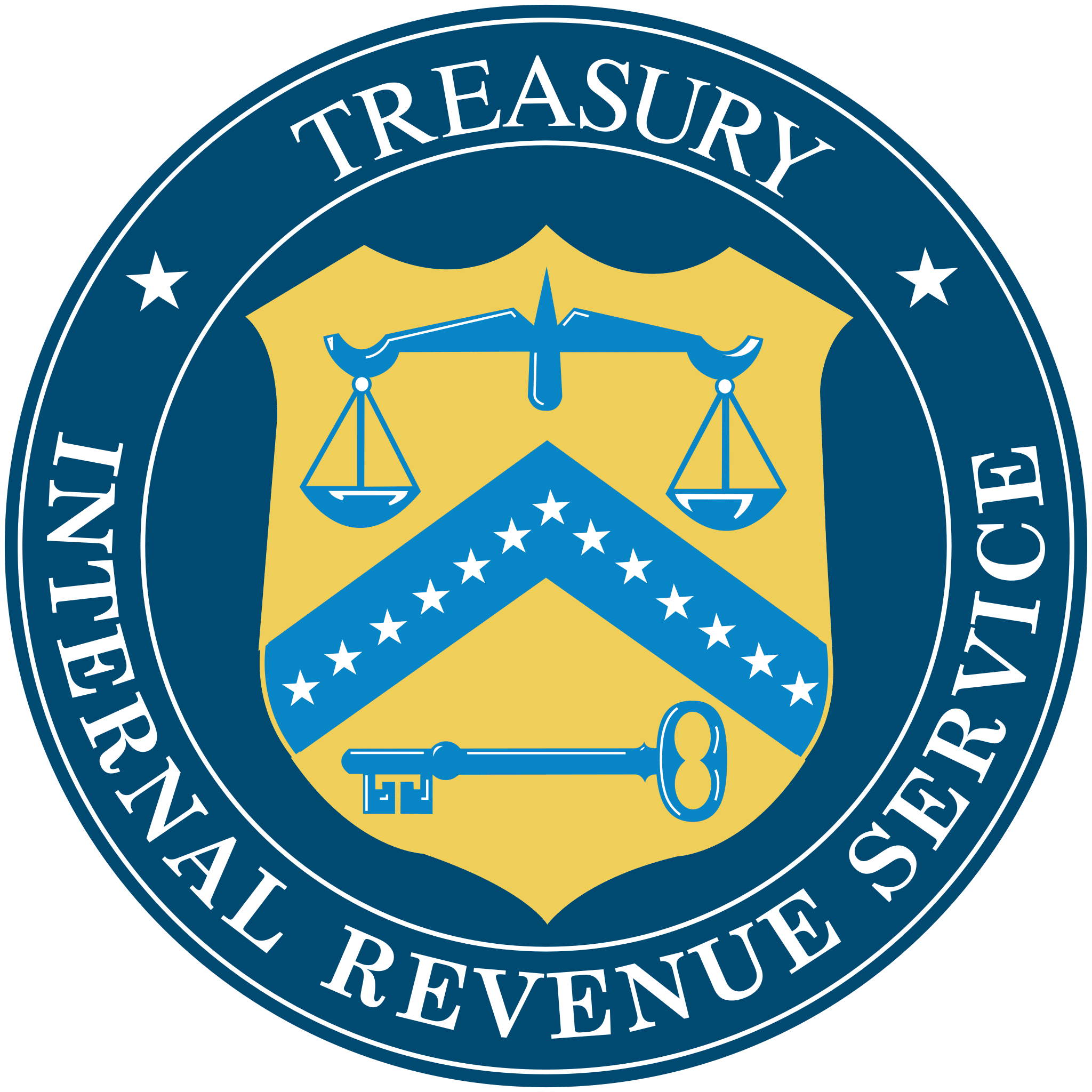
IRS Criminal Investigation
Protecting Your Rights: Unveiling the Expertise of IRS Criminal Investigation Defense Attorney Heath Hyde
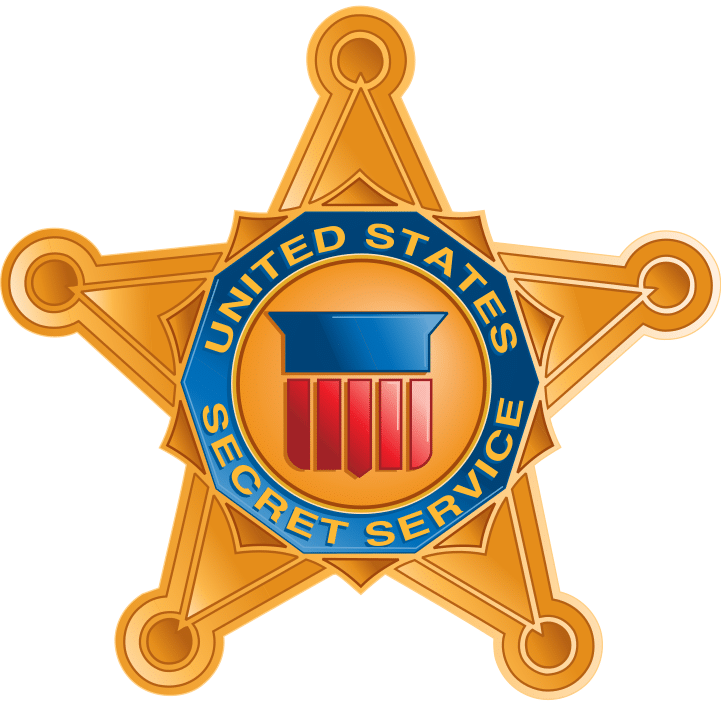
US Secret Service Investigation
Unraveling the Intricacies: A Closer Look at U.S. Secret Service Investigation Defense with Attorney Heath Hyde

USDA Investigation
Protecting Your Business: The Vital Role of a USDA Investigation Defense Attorney - Meet Heath Hyde
USPIS Investigation
Defending Your Rights: Meet Heath Hyde, the Top U.S. Postal Inspection Service Investigation Defense Attorney
Top Rated
Named 100 Top Trial Lawyers in the United States & “Rising Star” in Dallas’s D Magazine
Results Focused
Tried The Largest Healthcare Fraud Case to go to trial in the United States
Experienced
10 Years Asst. DA & handled federal cases nationwide & represented clients in 53 different counties in Texas
Connected
Connected with a team of specialists that can handle any criminal issue throughout the country – no matter the size

